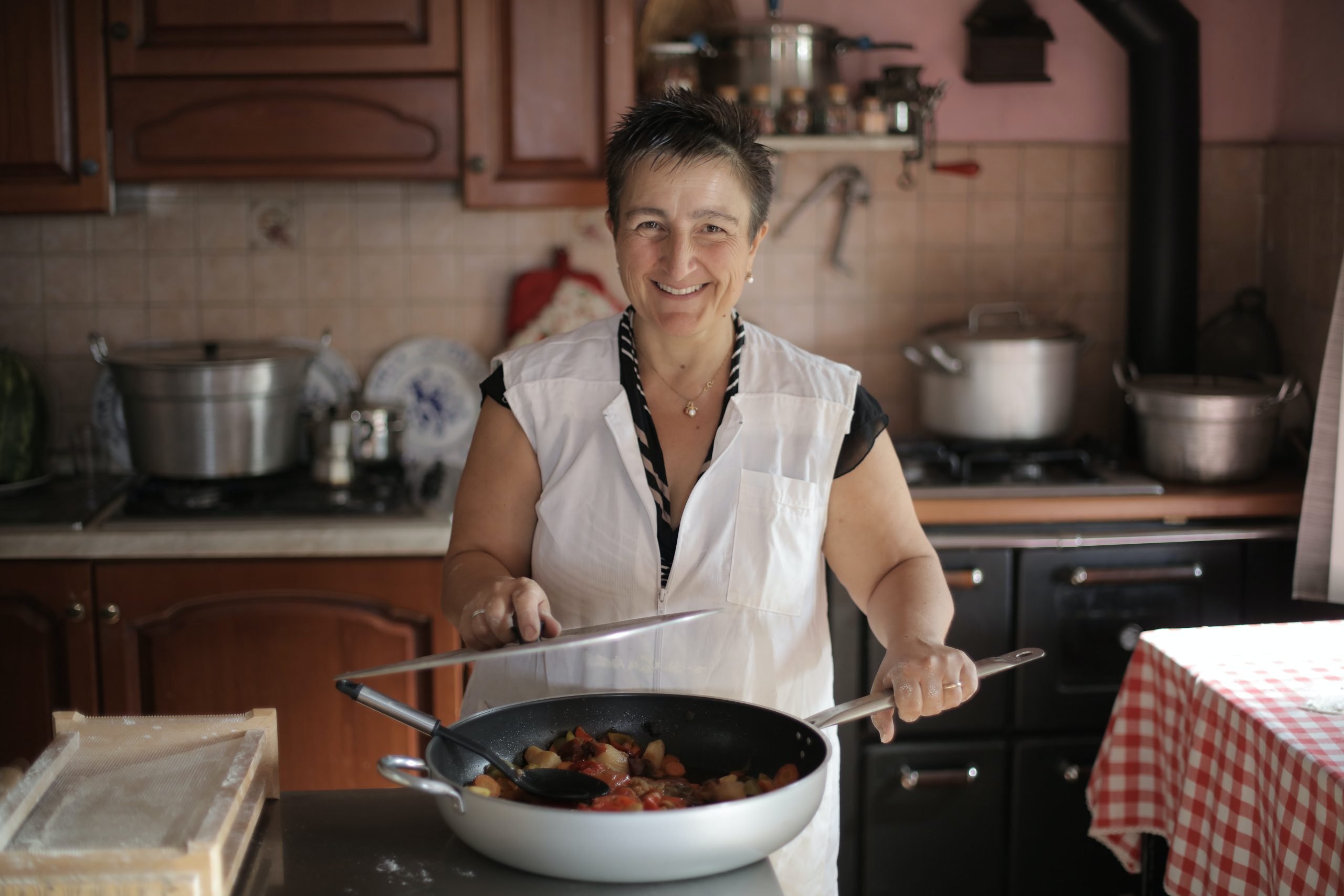Cooking Job in Canada: Opportunities, Salaries, and RequirementsAre you passionate about the culinary arts and considering a cooking job in Canada? The country’s diverse food culture and thriving hospitality industry offer exciting opportunities for aspiring cooks and chefs. This article explores the job prospects, salaries, requirements, and immigration options for individuals looking to work as cooks in Canada.
How Much Does a Cooking Job Pay in Canada?
The salary for a cooking job in Canada can vary depending on factors such as experience, location, type of establishment, and level of responsibility. On average, cooks in Canada earn between $15 to $25 per hour. However, it’s important to note that wages may differ based on the specific position and the province or city in which you work.
How Can I Work as a Cook in Canada?
To work as a cook in Canada, you typically need a combination of culinary skills and the necessary legal documentation. Here are the general steps to pursue a cooking job in Canada:
- Obtain the required education: While formal culinary education is not always mandatory, it can significantly enhance your employability. Consider enrolling in a culinary arts program at a recognized institution to gain the fundamental knowledge and skills required in the industry.
- Gain relevant experience: Building practical experience is crucial in the culinary field. Seek opportunities to work in professional kitchens, restaurants, or catering services to refine your skills and learn from experienced chefs.
- Obtain necessary certifications: Depending on the province or city you plan to work in, you may need to obtain food safety and handling certifications. These certifications demonstrate your understanding of safe food preparation practices and are often required by employers.
- Apply for jobs: Start exploring job opportunities through online job portals, culinary networks, or by directly contacting restaurants, hotels, or other food establishments. Craft a compelling resume that highlights your skills, experience, and passion for cooking.
- Secure a work permit: If you are a foreign national seeking to work as a cook in Canada, you will likely need a work permit. The specific work permit program will depend on your circumstances, such as whether you have a job offer from a Canadian employer or if you are applying through a specific immigration program.
Is There a Demand for Cooks in Canada?
Yes, there is a demand for cooks in Canada. The country’s vibrant food culture and growing tourism industry contribute to a steady need for skilled culinary professionals. The demand for cooks varies across regions and types of establishments. Urban centers and popular tourist destinations often offer more opportunities for cooks due to the higher concentration of restaurants, hotels, and catering services.
What Are the Requirements to Be a Chef in Canada?
To become a chef in Canada, the requirements typically include a combination of culinary education, relevant work experience, and demonstrated leadership and management skills. While formal culinary education is not mandatory, it can greatly enhance your prospects of becoming a chef. Many chefs have completed culinary programs or apprenticeships and have gained practical experience in professional kitchens.
Additionally, acquiring certifications such as the Red Seal Certification, which is a national standard for culinary excellence, can further validate your skills and expertise as a chef in Canada.
Can I Move to Canada as a Cook?
Yes, it is possible to move to Canada as a cook. The Canadian government recognizes the importance of skilled workers in the culinary industry and offers several immigration programs that facilitate the entry of qualified individuals. The Federal Skilled Worker Program (FSWP) and the Provincial Nominee Program (PNP) are among the pathways that aspiring cooks can explore to immigrate to Canada.
Under these programs, eligibility criteria include factors such as education, work experience, language proficiency, and a job offer from a Canadian employer. It’s important to consult the official government websites or seek guidance from immigration professionals to understand the specific requirements and processes involved.

How Many Hours Do Cooks Work in Canada?
The working hours for cooks in Canada can vary depending on the establishment and the specific role. In general, cooks can expect to work full-time hours, which typically range from 35 to 40 hours per week. However, it’s important to note that the hours may vary based on the demands of the kitchen, including evenings, weekends, and holidays.
What Country Pays Cooks the Most?
The salary for cooks can vary significantly from country to country. According to data from the World Economic Forum, Switzerland, Norway, and Denmark are known to pay some of the highest salaries to cooks. However, it’s essential to consider factors such as the cost of living, work-life balance, and overall career opportunities when evaluating potential destinations for a cooking job.
Which Country Is Best for Cooking Jobs?
Several countries offer excellent opportunities for cooking jobs. The choice of the best country for a cooking job depends on various factors, including culinary culture, career growth prospects, work-life balance, and personal preferences. Some popular destinations known for their culinary scenes and career opportunities for cooks include France, Italy, Japan, Australia, and the United States.
How Long Does It Take to Get a Cook Visa in Canada?
The processing time for a cook visa in Canada can vary depending on the type of visa and the specific circumstances of the applicant. In some cases, the processing time can range from a few weeks to several months. It’s important to check the official government websites or consult with immigration professionals to get accurate and up-to-date information on processing times.
What Cooks Make the Most Money?
Cooks who have honed their skills, gained extensive experience, and reached higher positions in their careers have the potential to earn higher salaries. Executive chefs, head chefs, and specialized chefs in fine dining establishments or luxury hotels often command higher wages. Additionally, chefs who have established their own successful restaurants or culinary businesses can also earn substantial incomes.
Are Chefs Paid Well in Canada?
Chefs in Canada can earn competitive salaries, especially those with significant experience, expertise, and leadership skills. The salary range for chefs in Canada can vary depending on factors such as the type and size of the establishment, location, and level of responsibility. Experienced chefs in executive or head chef positions can earn salaries ranging from $50,000 to $100,000 or more annually.
How Much Is the Tuition Fee for a Chef in Canada?
The tuition fees for culinary programs in Canada vary depending on the institution, program duration, and level of study. On average, the tuition fees for culinary arts programs can range from $10,000 to $30,000 per year. It’s essential to research and compare different culinary schools and their programs to find one that aligns with your career goals and budget.
What Is the Difference Between a Chef and a Cook in Canada?
In Canada, the terms “chef” and “cook” are often used interchangeably. However, there can be a distinction in terms of the level of experience, skills, and responsibilities. Generally, a cook is responsible for preparing and cooking meals under the guidance of a chef or sous chef. A chef, on the other hand, holds a higher position in the kitchen hierarchy and is responsible for overseeing the kitchen operations, menu planning, supervising staff, and creating culinary masterpieces.

How Do I Start a Chef Job?
Starting a chef job involves a combination of culinary education, practical experience, and a passion for the culinary arts. Here are some steps to kick-start your journey as a chef:
- Acquire culinary education: Consider enrolling in a culinary arts program at a recognized institution to gain foundational knowledge and practical skills.
- Gain practical experience: Seek opportunities to work in professional kitchens, restaurants, or catering services to refine your skills and learn from experienced chefs.
- Network and learn: Connect with professionals in the culinary industry, attend culinary events, and participate in workshops and competitions to expand your knowledge and build connections.
- Build your portfolio: Document your culinary creations, develop a portfolio showcasing your skills and experience, and create a professional resume that highlights your achievements.
- Apply for chef positions: Start applying for chef positions in restaurants, hotels, or other culinary establishments. Craft a compelling cover letter that highlights your passion, skills, and relevant experience.
- Continuously learn and grow: The culinary field is ever-evolving, so it’s important to stay updated with new techniques, trends, and ingredients. Attend culinary workshops, pursue certifications, and seek opportunities to work with renowned chefs to enhance your skills and advance your career.
Remember, starting a chef job requires dedication, perseverance, and a love for the culinary arts. With the right combination of education, experience, and passion, you can embark on a fulfilling and rewarding culinary career.
Conclusion
Working as a cook in Canada offers exciting opportunities to showcase your culinary skills, explore diverse cuisines, and contribute to the vibrant food culture of the country. Whether you are a seasoned chef or just starting your culinary journey, Canada’s hospitality industry provides avenues for growth and success. By understanding the requirements, exploring immigration options, and gaining relevant experience, you can pursue your passion for cooking and thrive in the Canadian culinary landscape.
Remember to consult official government websites and immigration professionals for the most accurate and up-to-date information regarding immigration processes and work permit requirements. Good luck on your culinary journey in Canada!

